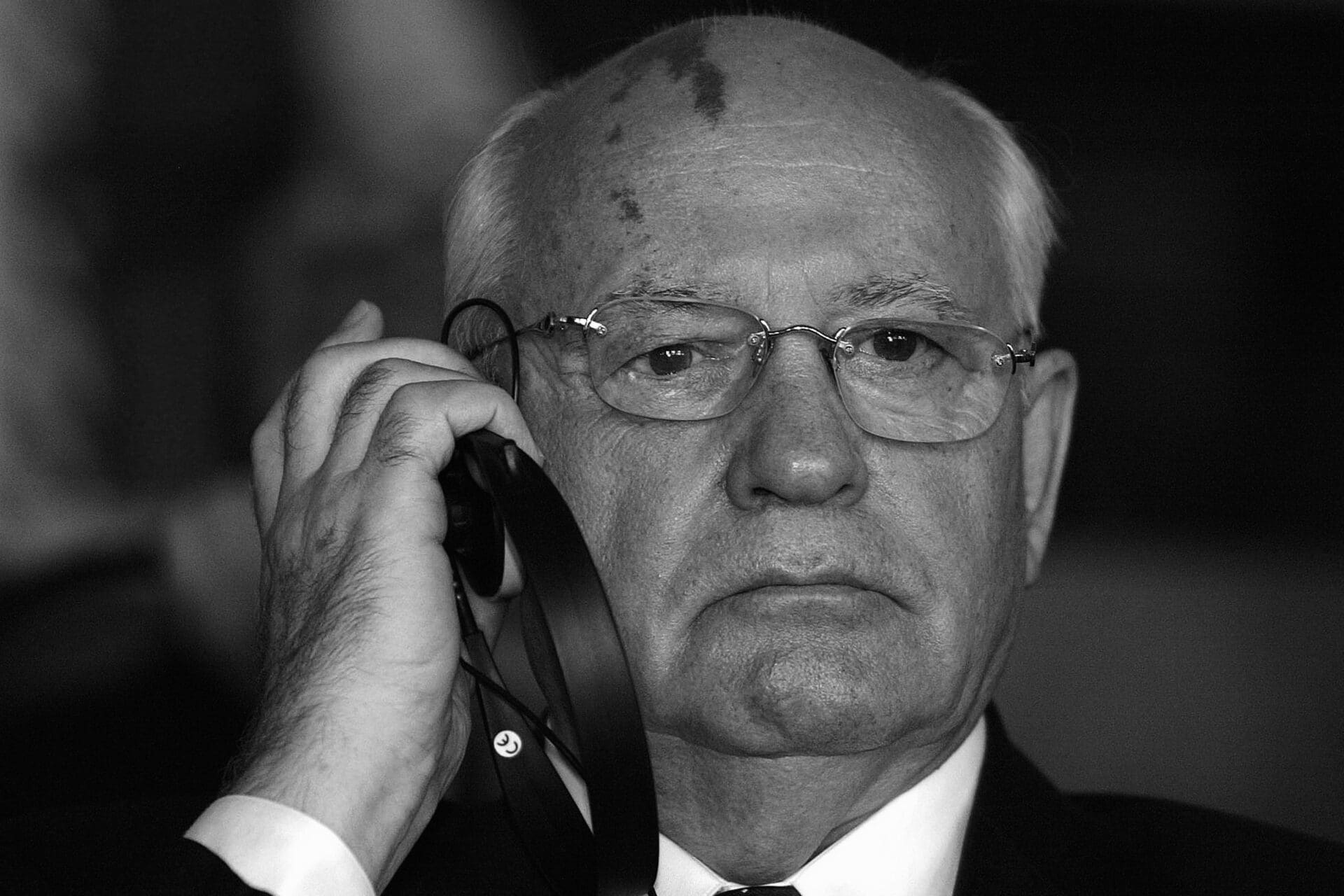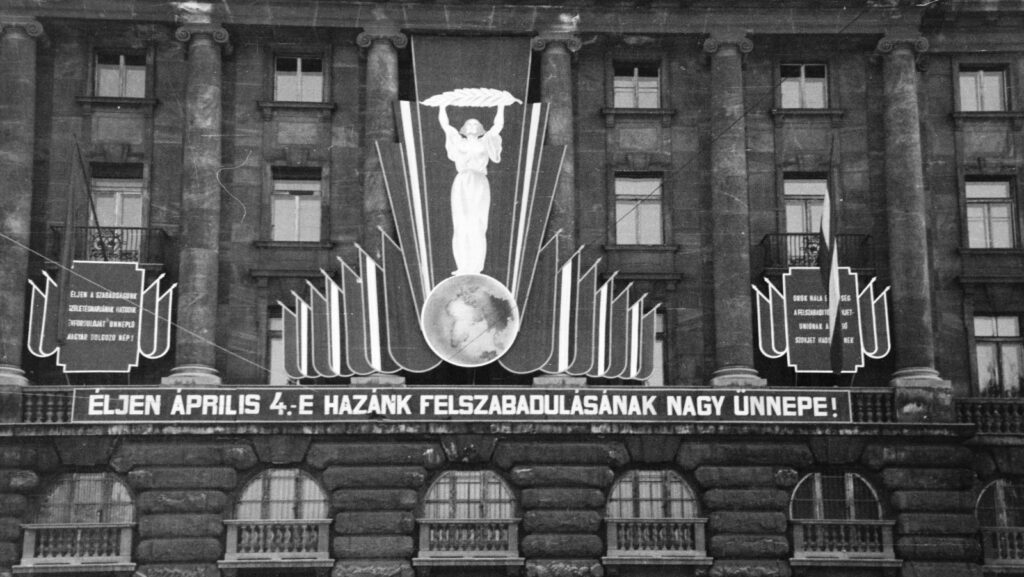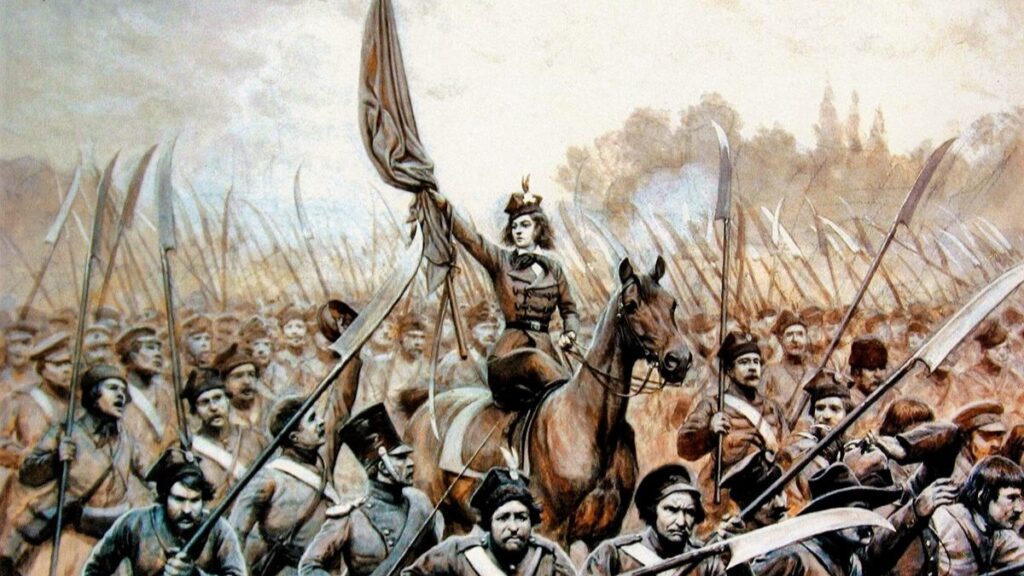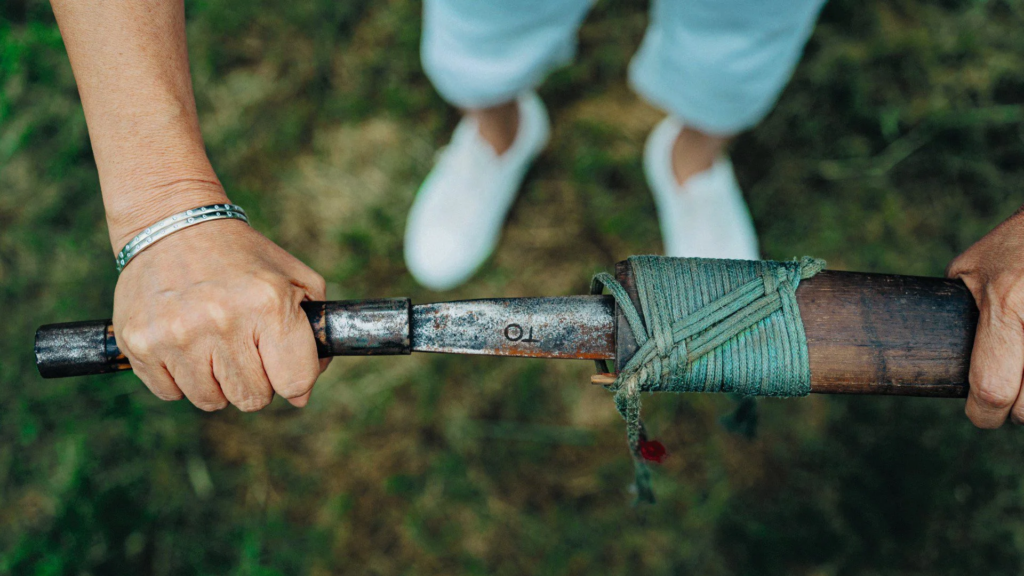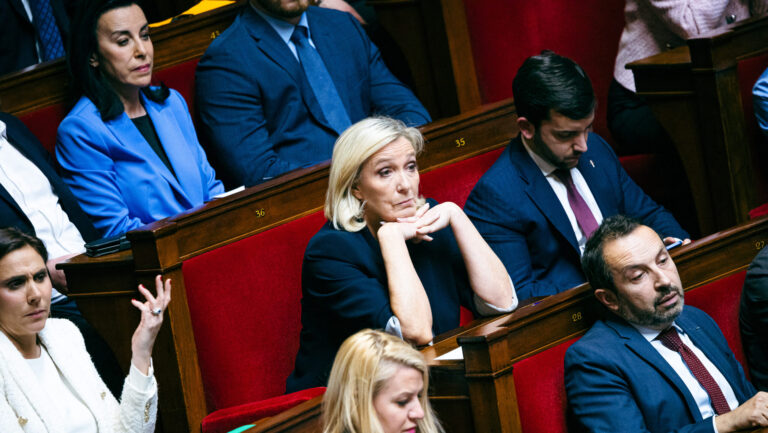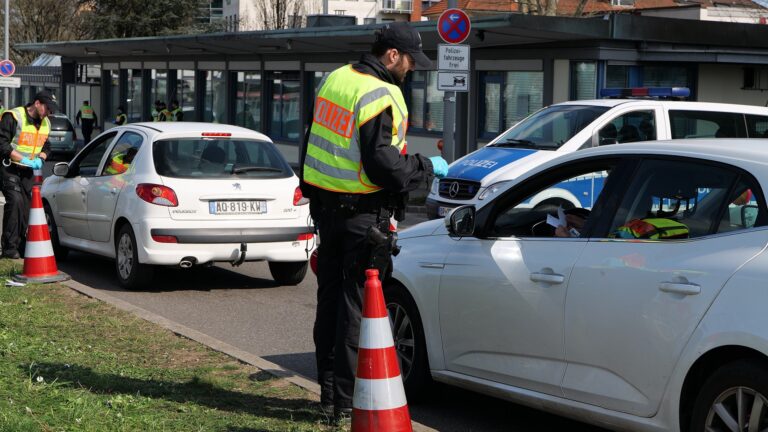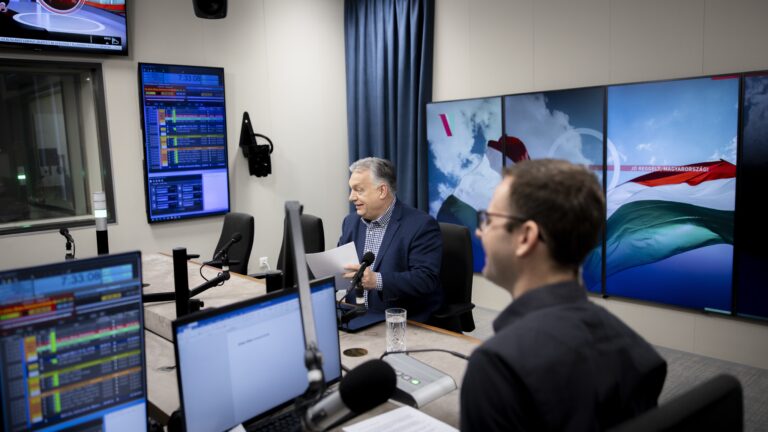The last leader of the Soviet Union, Mikhail Gorbachev passed away on Tuesday at the age of 91, after a long illness. In a brief eulogy, Hungarian Conservative has recalled his 1986 visit to Budapest. In this article we have collected some of the reactions to the news of Gorbachev’s death.
Reflections in the West
UK Prime Minister Boris Johnson commented: ‘Mikhail Gorbachev is one of those people who changed the world and unquestionably changed it for the better.’ UN Secretary General Antonio Guterres said that Gorbachev had ‘changed the course of history’, adding that ‘The world has lost a towering global leader, committed multilateralist, and tireless advocate for peace.’ Joining the praises, European Commission President Ursula von der Leyen said that Gorbachev was a ‘trusted and respected leader’ who ‘opened the way for a free Europe’.
Central European Reactions
Similarly to Western reactions, Gorbachev has been largely praised in Central European commentaries. In the CEE region Gorbachev is mostly remembered for ordering the withdrawal of Soviet troops from East Germany and thereby allowing the fall of the Iron Curtain, which brought about freedom and independence for Central Europe, and the opportunity of economic prosperity. The former Soviet leader is therefore remembered rather positively, especially in comparison to Vladimir Putin. As Slovak President Zuzana Caputova said, the last Soviet leader ‘believed in a better Russia than we are seeing today’; while in Poland, former Moscow correspondent Waclaw Radziwinowicz commented that Gorbachev should be thanked for engaging with the West and helping to end the Cold War. Former Hungarian Prime Minister Ferenc Gyurcsány said in a social media post that ‘Gorbachev was imperfect, but he paved the way for a better world. We have reason to think about him with understanding.’
Commentaries in the Baltics
While Gorbachev is heroised in the West and has a rather positive memory in Central Europe, his acts and beliefs are questioned in other parts of the world, for one, in the Baltic countries. During his time as Soviet leader he sent troops to multiple Soviet republics to crush local protests. As a result, dozens of people died in the Baltic countries, around 200 in Kazakhstan and many more in Georgia and Azerbaijan. Gorbachev also supported the annexation of Crimea in 2014, but considered the recent invasion of Ukraine a mistake. Due to these controversial actions, and also because he explicity opposed the independence of former Soviet Republics, he has a bad name in the Baltics. The Lithuanian Defence Minister said that he was a ‘criminal’ with ‘no remorse’; while the Lithuanian Foreign Minister, Gabrielius Landsbergis said that ‘Lithuanians will not glorify Gorbachev’, adding that Lithuanians will ‘never forget the simple fact that his army murdered civilians to prolong his regime’s occupation of our country. His soldiers fired on our unarmed protesters and crushed them under his tanks. That is how we will remember him.’ Reflecting on Gorbachev’s death, Latvian President Egils Levits tweeted: ‘Against Gorbachev’s will, Latvia, too, regained its independence.’
Russian Reactions
Putin’s personal dislike of Gorbachev is well known, and so is his unpopularity in Russia. Putin famously declared at one point that the dissolution of the USSR was the ‘greatest geopolitical catastrophe of the 20th century’ and emphasized Gorbachev’s role (or that of the weakness of his leadership) in the collapse. Russian public opinion about Gorbachev has been aptly summarised by the TV channel, Russia 1 (Россия 1), which is one of the Kremlin’s main propaganda channels. Reflecting on Gorbachev’s death, the reporter first noted how most international news media (from the New York Times to the Daily Mail) are mourning Gorbachev’s death. Then she continued: ‘All of our enemies are calling Gorbachev a reformer…who helped to unite Europe by destroying the Iron Curtain…At the same time, China’s Global Time has its own point of view – they highlight the naivete and immaturity of Gorbachev, whose devotion to the West plunged the country into an era of economic and political instability. That’s probably why the Russian society’s, our country’s assessment of his legacy is fundamentally, radically different. But it would probably be indecent to talk about that on the day of his death,’ she concluded.

